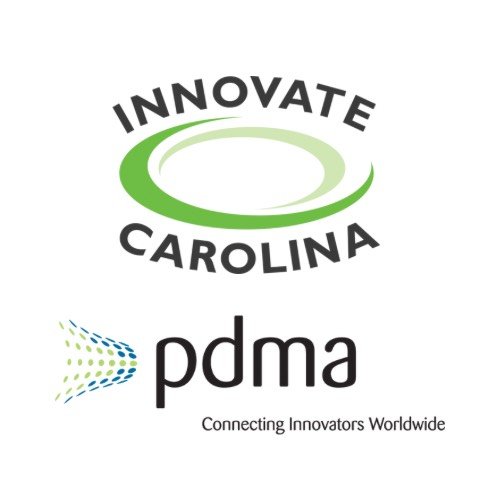Bar none, this is my favorite time of year. Yes, it’s Spring, the onset of green again, the steadying of the warmer temperatures, I get to coach more soccer, it’s the pre-cursor to Summer and the beginning of the winding down of the school year. But it’s more than just Spring – it’s March Madness. 68 teams battling it out for the big prize in College Basketball. I’m a basketball fan, sure. I grew up in Michigan, got my degree from Kentucky and my graduate degree from Missouri. I’m often accused of being a fair-weather fan, but I respond by saying that I simply have my own athletic conference. I actually like football more than basketball, yet March Madness, in my and many other’s opinion, is the single greatest sporting event each year.
It's a mix of teams from the biggest schools – the Blue Bloods of College Basketball (Kentucky, Duke, UNC, Kansas) – to the tiniest of all teams (if you knew what UMBC stood for before last weekend, you’re in the VAST minority). The upsets, the blowouts, the nail-biters, the hoarse announcers, all centered around the emotion at the center of collegiate sports. And yet, there are a lot of parallels to be drawn in business.
Have you noticed there’s a lot of commercials during the game? The networks need sponsors, and we, here at PDMA Carolinas need them too. If you were at last year’s conference and saw the quality and depth of both the speakers and the student competition, we’d like to ask you to strongly consider sponsoring the event! If you raised your hand when I asked the closing group if they’d be willing to help encourage even more student activity, contact us. Whether it’s to help the next generation of innovators, or to help ensure that we can all continue to build an inspired community of innovators, you’re welcome to contact me or anyone on the board to find out where your contribution can best help!
Next month’s Innovate Carolina conference in Raleigh, NC at the NC Biotech center is titled “Ignite Your Innovation Vision” and is themed around the what Large and Small companies can learn from each other. Part of the reason I love the emotion of March Madness is because we crave the strong emotions that our brain conjures up for us. The Foundations of Innovation Series centers around Innovation’s definition of “invention that changes behavior.” Behavior, as most any psychologist will tell you, is emotionally based. Whether it causes me to jump out of my seat in excitement when a Freshman from University of Michigan nails a 30-footer at the buzzer (sorry Houston fans) or motivates me to enlist in a service or buy a product because if fulfills a human need that I have, emotion drives behavior.
Small businesses all over the country can identify with the UMBCs, Buffalos, Loyola Chicagos of the world. They wish they had the recruiting talent of the big schools, the big budgets and big facilities. They don’t, so they make do with what they have. They utilize speed, coordination, depth of relationship, heart and fiery, defiant passion to beat the big guys. Two days ago, UMBC pulled off the first upset of a #1 seed by a #16 seed in the history of College Basketball. That’s something. Some call it the biggest upset in the history of sports, on par with USA Hockey beating the Russian team. Small businesses can identify.
The big schools play with confidence, swagger, assured that they will win because of their talent, depth, history, storied coaches and experience. Almost always true, but becoming less so. We can see that in big businesses as well. They appreciate the smaller schools for what is sometimes missing in the big schools – real passion, creativity and desperate effort. Sometimes they defend against the smaller competition, other times they are so complacent and self-assured that they end up shutting their doors and heading home (Toys R Us, just last weekend).
So, whether you are a big company who wishes you could behave like the smaller company to regain your speed, agility and passion for business, or a small company wishing you had the stability, resources, repeat-ability or depth of the larger companies, Innovate Carolina is for you. We all want our customers and consumers to have the same passion for us that they do for their favorite team. Join us on April 13th, to take that first step in your own journey through your competitive bracket and learn from those you either wish you could be again or aspire to become!
Sincerely,
Douglas C Powell
President, PDMA Carolina





